Training
Why Train With Us?
We have the unique opportunity to provide training on the most pressing topics in the field of forensic interviewing. We team-teach our classes utilizing expert interviewers, researchers and legal professionals. FIRE conducts innovative research on-site where we learn about children’s experiences in the interview. What children tell us through research, we disseminate to you. Our research directly impacts how and what we teach. We are part of the larger Center for Hope, LifeBridge Health system which supports our expertise in violence prevention and intervention across the lifespan.
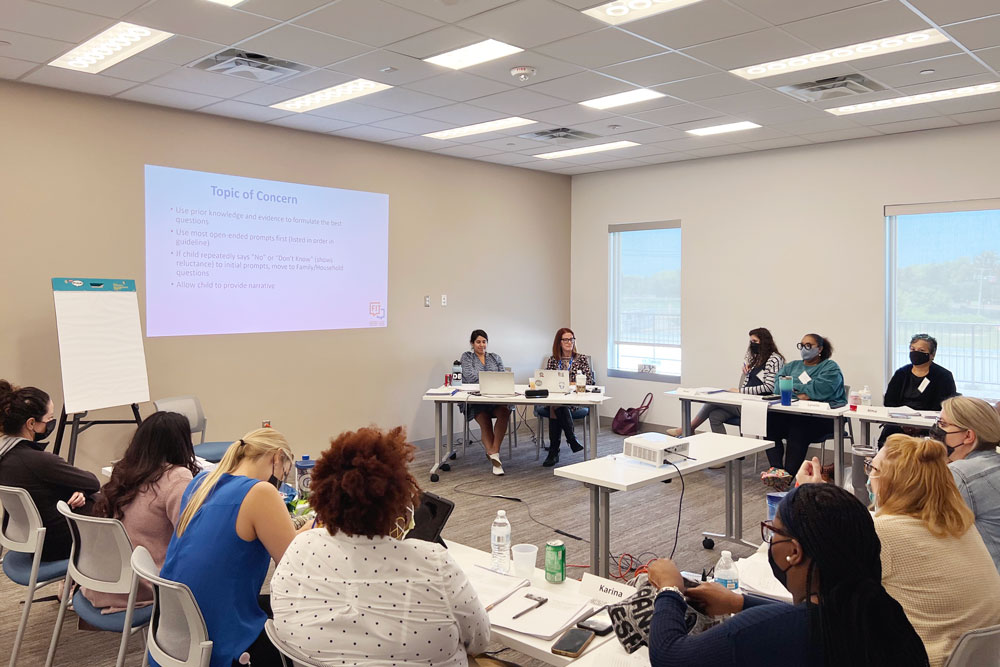
Our Facilities
CFH is a brand new, state-of-the art complex with training spaces and the latest technology, which we use for all FIRE trainings. The space lends itself to both in-person and hybrid instruction where we conduct mock interviews in real forensic interview rooms, and mock trial in a realistic courtroom setting. For tele-forensic interview training our method and tools can be experienced and practiced firsthand with our innovative video conferencing system.
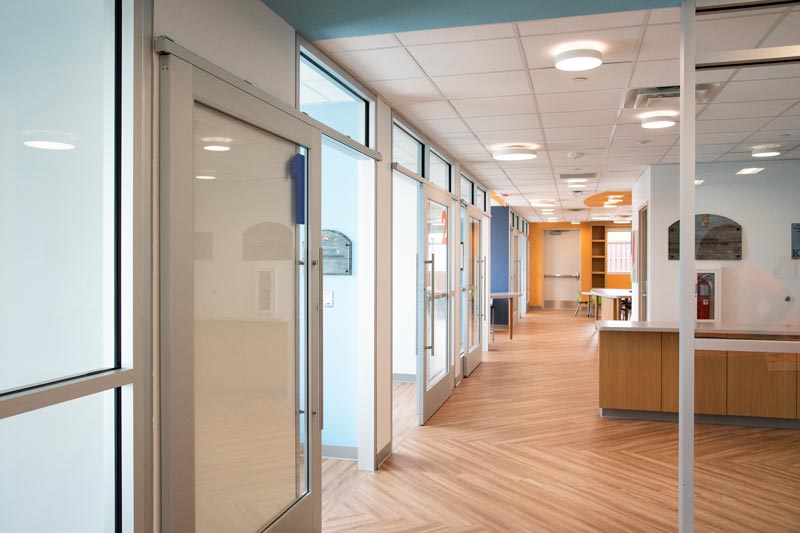
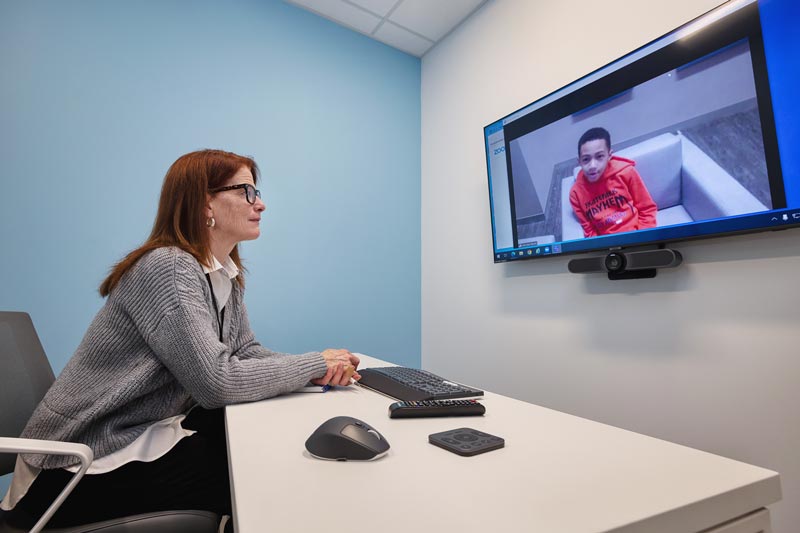
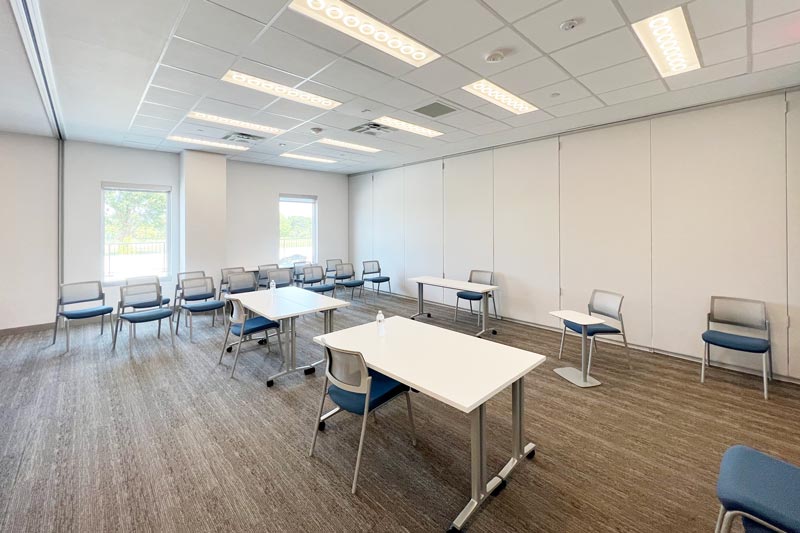
FIT Training
This NCA accredited 35-hour training includes comprehensive instruction on the Forensic Interview Toolbox (FIT), forensic interview protocol. Participants will learn best practices for questioning children and vulnerable adults (elder abuse and adults with disabilities). Practice interviews and mock trials will enhance learning along with content experts from legal, elder justice and interview research. Upon graduating from the FIT course you will have access to free annual peer review.
Topics Covered:
Current forensic interview research, question types, tele-forensic interviewing, child development, use of media/evidence, memory & suggestibility, interviewing with cultural competence, and dynamics of abuse and use of body diagrams for clarification.
Intro to FIT
Intro to FIT is a complementary presentation explaining the development of the FIT Guidelines, the benefits of utilizing the FIT Guidelines, and how they differ from other national protocols. We review how the FIT courses can benefit your agency, multi-disciplinary team (MDT) and the vulnerable populations you interview.
FIT 101
FIT 101 is a 2-day training of evidence based questioning practices with a focus on investigative, minimal facts, safety, witness, and risk of harm interviews. We will cover question types including the use of a basic semi-scripted, phased questioning approach. We review child development, practice interviews and how to conduct peer review (with special break-out for supervisors). FIT 101 is recommended for professionals who conduct interviews with children outside of the formal forensic interview. FIT 101 is not appropriate for forensic interviewers or legal professionals who rely on (or observe) forensic interviews. For these groups we recommend the full 5-Day FIT course. This training does not meet the National Children’s Alliance FI Standard.
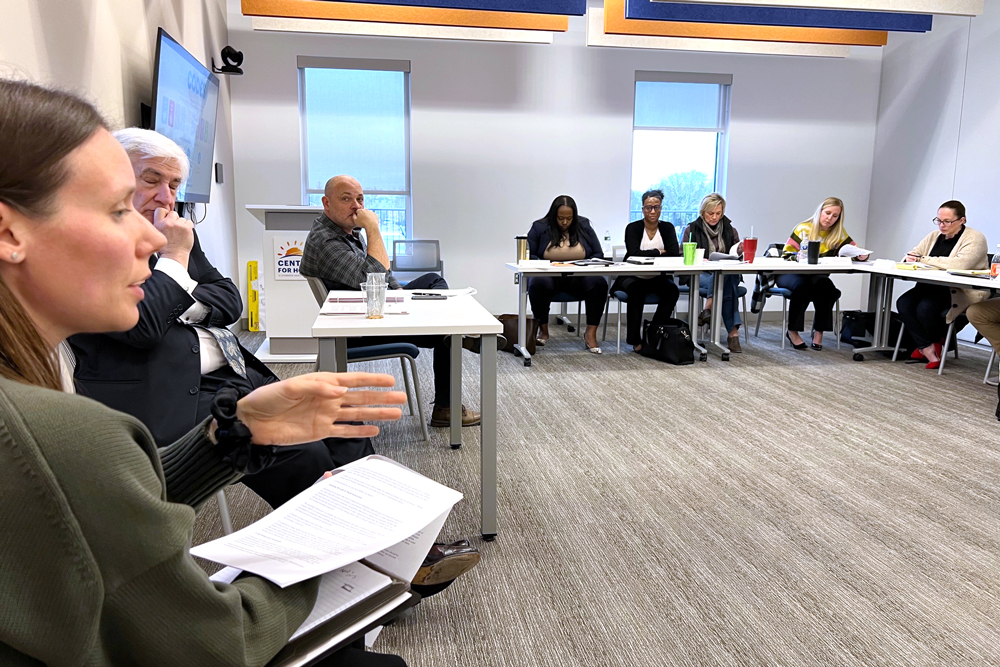
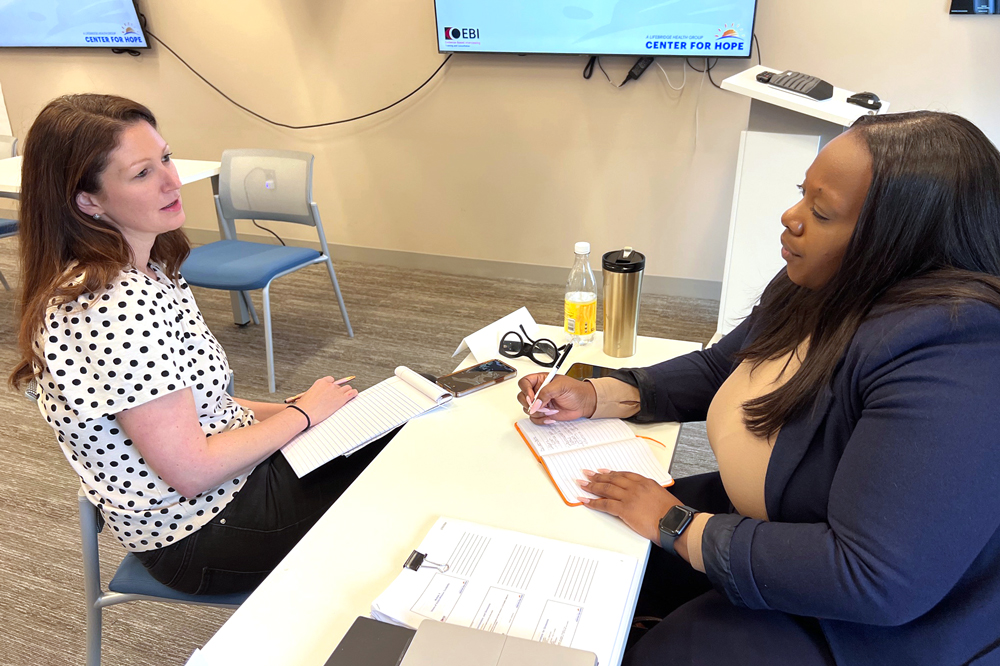
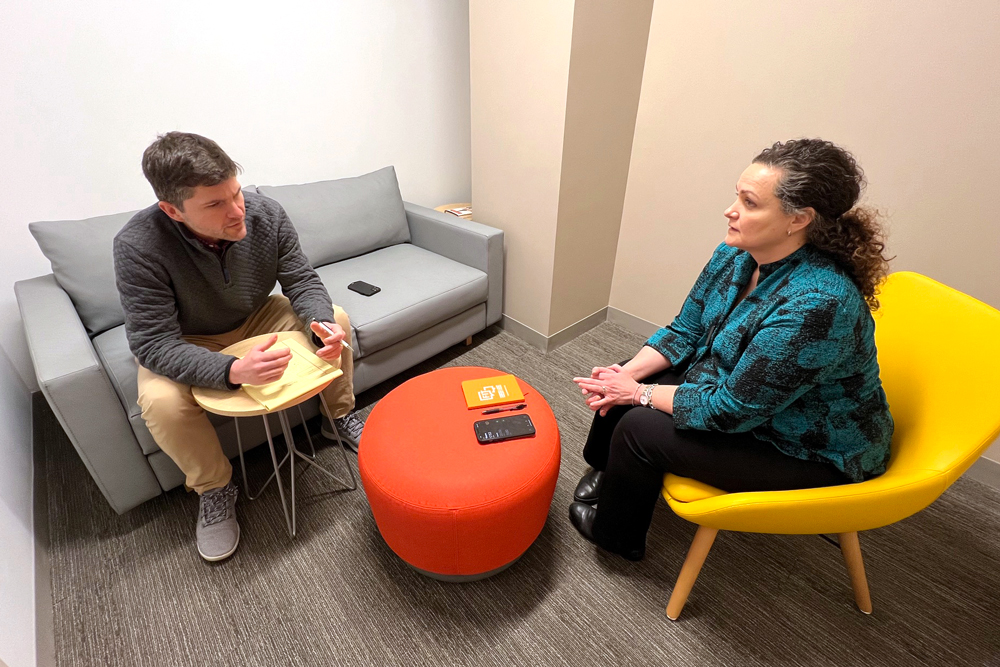
Legal Trainings
Because legally defensible practice is integral to forensic interviewing, FIRE offers a wide range of courses that help professionals prepare to confidently testify in court. Mock trials led by experts in legal and forensic interviewing lead participants through direct and cross examination exercises. The goals of the training are to build competence in explaining evidence-based practice and to learn how to respond with control and confidence in the courtroom. Individual and small group coaching is also provided by a legal and forensic interview expert team on building testimony skills.
Trial Skills for Forensic Interviewers
This intensive workshop is designed to help the child forensic interviewer develop and refine their ability to testify in court as an expert and/or lay witness. This is not protocol-specific training. There are no prerequisites required to enroll. This program is appropriate for all experience levels, but it is specifically aimed at child forensic interviewers with minimal or no experience testifying in court, as well as experienced interviewers who are uncomfortable testifying.
- Gain practical skills that will make you more comfortable and confident when testifying in court, including how to:
- Effectively prepare for court
- Testify as an expert
- Handle evidence and exhibits
- Deal with problems in the case and/or your interview
- Work with difficult attorneys
- Practice and improve your ability to defend your interview and stay in control when testifying on cross-examination.
Leaders for Social Good
Leaders for Social Good, is a grant funded peer mentoring program. This 12-month virtual program creates opportunities for leaders from diverse agencies to develop trusting relationships in small group formats. During monthly meetings, participants will be able to discuss current challenges, build self-awareness, and exchange feedback in a safe environment facilitated by a professional mentor and executive. Participants will be able to expand their network of trusted advisors while also increasing their confidence to address challenges and make informed decisions.
This program is intended for leaders from the public and private sectors with a focus on violence prevention and intervention. They represent disciplines such as child welfare, child advocacy, elder justice, special victims’ investigations, or other social enterprise organizations whose mission is to support vulnerable populations.
Forensic Interview Techniques
FIRE additionally teaches a broad range of forensic interview topics to professionals primarily in forensic contexts. FIRE uses a combination of interactive lecture, real interview examples, demonstration of technique and focused small group practice with actors. Class materials in the form of structured written guidance are provided to participants to bridge training to practice as well as guidance around how to proceed in the courtroom.
Customizable Education Programs
The FIRE team can provide a custom education program tailored to your organization’s needs. Topics may include:
- Question Types in the Forensic Interview
- Peer Review (How-To)
- Interviewing: Special Populations
- Interviewing Caregivers
- Memory & Suggestibility
- Dynamics of Sexual Abuse
- Interviewing Preschoolers
- Interview Mistakes & Moving Forward
- Culturally Competent Interviewing & the Spanish-Speaking Community
- Forensic Interview Research Updates
- and more